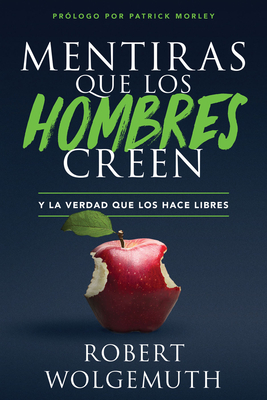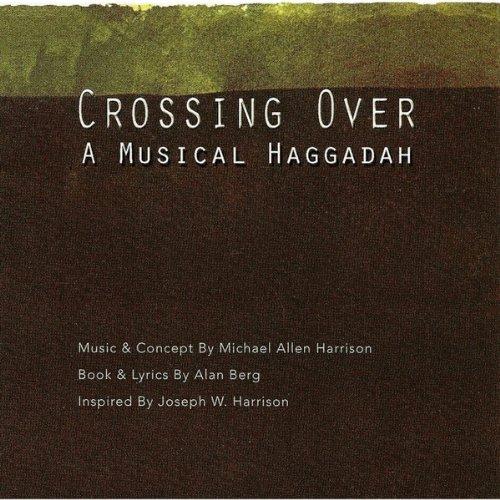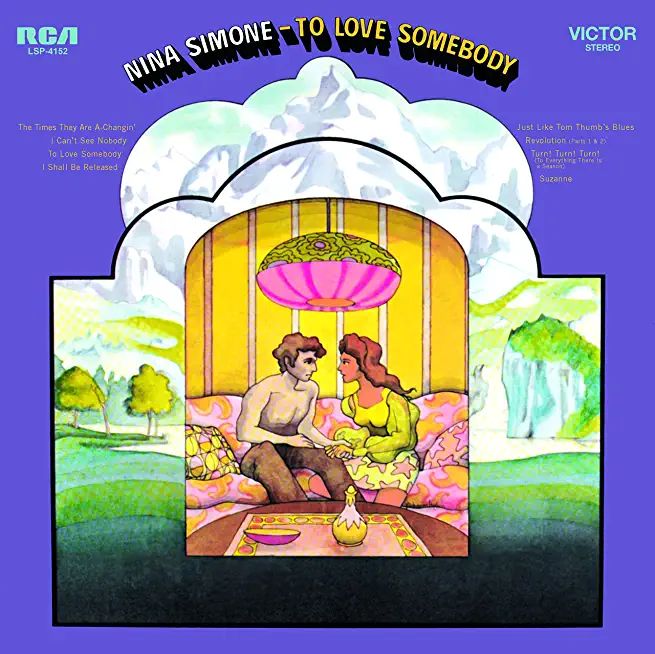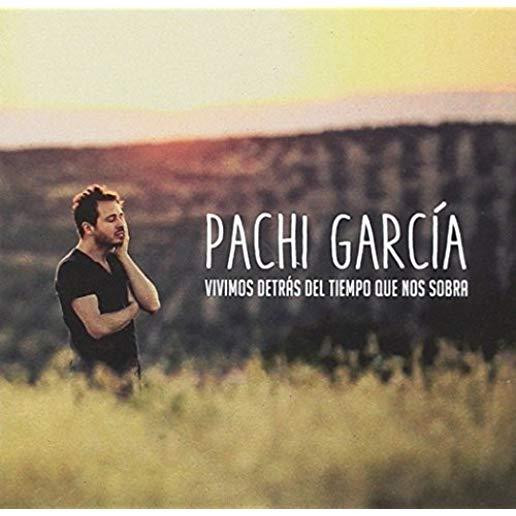
Edwards, Art
product information
description
8I first heard about the Fruit of the Spirit when I was about 15. I began my church life when many people end theirs. The Fruit of the Spirit verses were catchy, and I memorized them as I did many other parts of The King James Bible. To this day, the only Bible verses I can quote come out of my mouth in 17th-century English. Even though I could recite the verses, their meanings eluded me. But, please understand, I thought I knew what they meant. After all, how many meanings could straightforward words like joy, peace, patience, kindness, goodness, faithfulness, gentleness, self-control, and love have? OK, even at 15, I knew there was more than one meaning for love, but I didn't think any of the other Fruit words held multiple meanings. I was well into my 60s before I discovered how wrong I had been about this. As much as I loved (and love) The King James Bible, it wasn't written in the language Jesus spoke. Yes, at some level, I knew that. Though Anglo-centric and arrogant, I wasn't a complete idiot. But beginning with a 3D movie (Avatar), continuing with the discovery of a 2D world (Flatland), and moving into a multiverse with 11 or 13 dimensions (String Theory), it started to dawn on me that there was much more to the Fruit of the Spirit than I realized. This book meanders along my path to a more complete understanding of some words from nearly 2000 years ago. These words were first spoken in a language that has disappeared, written in a language I don't speak, came from a place I've never been, and were part of a culture I can't imagine. After regaining the original meanings of the words, I've connected them with the realities of contemporary life including insights from Oscar Romero, Margaret Mead, Big John, Keri Strug, my grandchildren, and my Dad. No matter whether you are churched or unchurched, spiritual and/or religious, or just open-minded without being empty-headed, I hope you'll join me on this journey and in so doing see the Fruit of the Spirit that surrounds you.
member goods
No member items were found under this heading.
Return Policy
All sales are final
Shipping
No special shipping considerations available.
Shipping fees determined at checkout.







